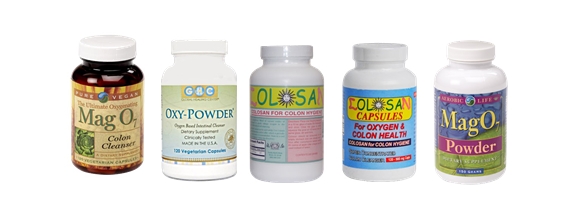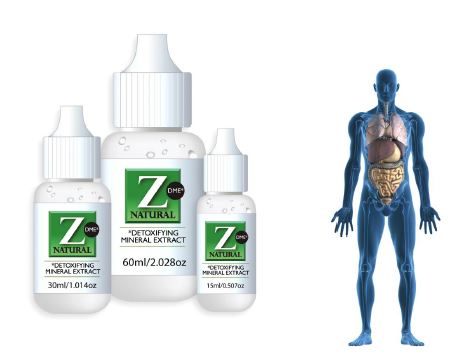If anything defines the seasonal period then it might be said to be indulgence. All that rich food, piled up on plate after plate and meal after meal. And, of course, all that alcohol too. Alcoholic consumption spikes at this time of year and, although there’s nothing wrong with having a good time and unwinding (in fact, it can obviously be good for your health), overindulging in food and drink can be very bad for your health. Especially if you do it often.
No surprise then that in January people can feel like they’ve come back down to earth with a bump and, thus, gut detoxification – or detox as it’s often known – is especially popular with them during that month. And done right; it’s far from a bad idea.
Alcohol-derived gut and liver problems
It’s widely known that excessive – or even unmoderated, regular consumption of – alcohol can cause many health problems. To be fair, there really are too many of them to cover properly in a single article like this, so let’s focus on just a few and, in particular here, one: what effect alcohol can have on what the gastrointestinal system – dysbiosis (bacterial imbalance in the gut)1.
You may not know but the gastrointestinal tract contains an entire ecosystem of bacteria, which are often referred to as gut microbiota. When we think of bacteria, we often only think of ‘bad’ harmful bacteria (the sort that are the basis of infections, for instance) and, sure, they form an amount of the microbiota in the gut, but it’s also made up of ‘good’ healthy bacteria (the sort that form the basis of probiotics that many people take to ensure good gut health). When taken together then, these microbiota are critical for successful digestion, good immunity and even mental health2.
Now, while it’s fairly widely known that an unhealthy diet rich in refined sugars and artificial additives can negatively affect this microbiota balance (tip the scales too much in favour of the ‘bad’ bacteria over the ‘good’ bacteria), too much alcohol can also contribute to this negative imbalance, upsetting and disrupting the equilibrium and intestinal environment3. In addition to dysbiosis, though, overconsumption of alcohol can lead to gut permeability – or ‘leaky gut syndrome’4.
What’s this? Well, it sees ‘bad’ bacteria escape the gut through thin membranes and into other parts of the body (bacterial translocation)3, which can lead to inflammatory issues and injuries in the liver, as well as elsewhere in the body5. And, while we’re on the subject of the liver, too much alcohol can also result in cirrhosis (scarring of the organ) and fatty liver disease (when more than 5-10% of the organ’s weight is fat)6.
How can you protect your gut from alcohol?
Before we go on, it’s probably only fair to address the fact that some experts believe alcoholic consumption, in the form of drinking red wine in moderation, is good for you and can ‘promote’ gut health, owing to it containing polyphenols (chemicals that naturally occur in plants and possess antioxidant properties)2. Indeed, a particular study suggests that red wine increases Bifidobacterium and Prevotella levels in the gut, thus lowering the levels of plasma lipopolysaccharides (an endotoxin whose presence in the intestinal tract triggers an immune response)7.
However, it’s fair to say that, in general, the less alcohol you drink the better for your body it’s going to be. So the trick is not to overconsume alcohol at any time of the year, eat a decent amount of highly healthy, green, leafy vegetables and whole, raw foods. Moreover, you might consider taking a recommended probiotic supplement to promote the growth of ‘good’ bacteria and ensure a balanced gut environment.
Supplements
Speaking of which, if you feel in need of something of a body cleanse or detox following an indulgent Christmas and/ or New Year, the following detox supplements may interest you – they’re available through The Finchley Clinic:
Oxy-Powder (120 capsules) – a high quality oxygen based colon cleanser that helps promote friendly intestinal flora
Latero-Flora (60 capsules) – its probiotic ingredients help establish friendly colonies that contribute to good health and systemic function and support optimum digestion and helps you absorb more nutrients from food.
References
- Mutlu E. A., Gillevet P. M., Rangwala H., Sikaroodi M., Naqvi A., Engen P. A., Kwasny M., Lau C. K. and Keshavarzian A. ‘Colonic microbiome is altered in alcoholism’. Am J Physiol Gastrointest Liver Physiol. 2012 May 1; 302 (9): G966-78. doi: 10.1152/ajpgi.00380.2011.
- Engen P. A.; Green S. J., Voigt R. M., Forsyth C. B., and Keshavarzian A. ‘The Gastrointestinal Microbiome: Alcohol Effects on the Composition of Intestinal Microbiota’. Alcohol Res. 2015; 37(2): 223–236.
- Medscape. ‘Alcohol and Gut Microbiota’. medscape.com Pharmacol Ther. 2015; 41 (10): 917-927.
- Bode C. and Bode J. C. ‘Effect of alcohol consumption on the gut’. Best Pract Res Clin Gastroenterol. 2003 Aug; 17(4):575-92.
- Purohit V., Bode J. C., Bode C., Brenner D. A., Choudhry M. A., Hamilton F., Kang Y. J., Keshavarzian A., Rao R., Sartor R. B., Swanson C., and Turnerk J. R. ‘Alcohol, Intestinal Bacterial Growth, Intestinal Permeability to Endotoxin, and Medical Consequences’. Alcohol. 2008 Aug; 42 (5): 349–361.
- Alzheimer’s Association. ‘Korsakoff Syndrome’. Alzheimer’s Association. 2016.
- Clemente-Postigo M., Queipo-Ortuño M. I., Boto-Ordoñez M., Coin-Aragüez L., Roca-Rodriguez M. M., Delgado-Lista J., Cardona F., Andres-Lacueva C. and Tinahones F. J. ‘Effect of acute and chronic red wine consumption on lipopolysaccharide concentrations’. Am J Clin Nutr. 2013 May; 97(5):1053-61. doi: 10.3945/ajcn.112.051128.

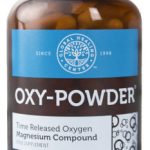

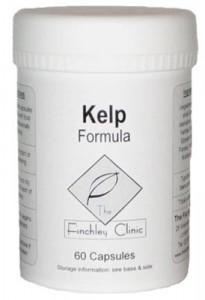


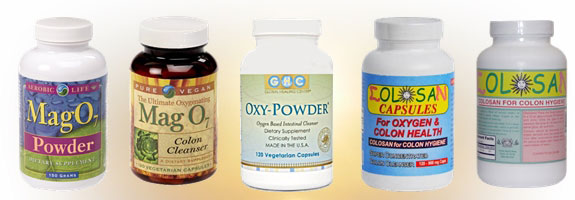

 Secondly supplement with Vitamin C –
Secondly supplement with Vitamin C –  Zinc has also been shown to be useful in many studies both for preventing colds and supporting the immune system generally. We provide a number of zinc products, but the one I personally use is
Zinc has also been shown to be useful in many studies both for preventing colds and supporting the immune system generally. We provide a number of zinc products, but the one I personally use is  Thirdly, take Vitamin D, which is incredibly important for the entire immune system. Unfortunately, almost everyone living in Norther Europe is Vitamin D deficient at this time of year, and dark skinned people who who absorb vitamin D much more slowly than white Europeans (from the reaction between ultra violet light from the sun on the skin and cholesterol), are nearly always Vitamin D deficient the entire year! The Recommended Daily Allowance for Vitamin D is a pitiful 200iu per day, but my opinion is that this is utter nonsense. In the summertime, 30 minutes exposure to the sun enables the body to produce 10,000-20,000iu’s per day – in other words up to 50 times more than the EU Recommended Daily Allowance. So why is the Daily Allowance so low? There are proposals incidentally, coming from the unelected wastes of taxpayers money know as the EU, ever influenced by the vested interests of big pharma to limit your the legal availability of Vitamin D supplements to the pathetic 200iu I just spoke about. Anyway, whilst this has not occurred, I recommend 1-2 tablets per day of
Thirdly, take Vitamin D, which is incredibly important for the entire immune system. Unfortunately, almost everyone living in Norther Europe is Vitamin D deficient at this time of year, and dark skinned people who who absorb vitamin D much more slowly than white Europeans (from the reaction between ultra violet light from the sun on the skin and cholesterol), are nearly always Vitamin D deficient the entire year! The Recommended Daily Allowance for Vitamin D is a pitiful 200iu per day, but my opinion is that this is utter nonsense. In the summertime, 30 minutes exposure to the sun enables the body to produce 10,000-20,000iu’s per day – in other words up to 50 times more than the EU Recommended Daily Allowance. So why is the Daily Allowance so low? There are proposals incidentally, coming from the unelected wastes of taxpayers money know as the EU, ever influenced by the vested interests of big pharma to limit your the legal availability of Vitamin D supplements to the pathetic 200iu I just spoke about. Anyway, whilst this has not occurred, I recommend 1-2 tablets per day of 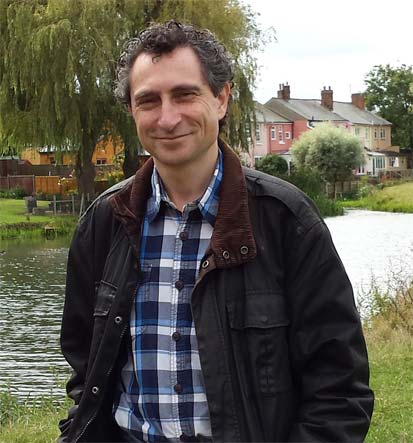 Best wishes for a wonderful New Year
Best wishes for a wonderful New Year
